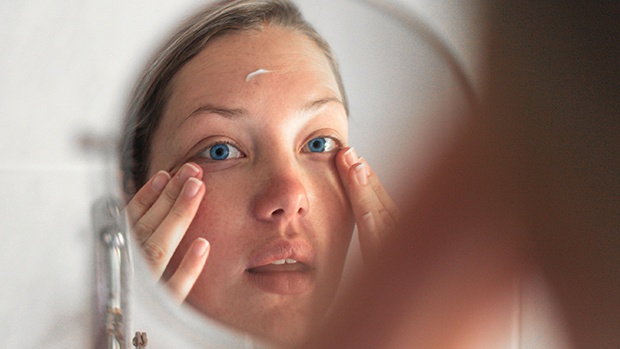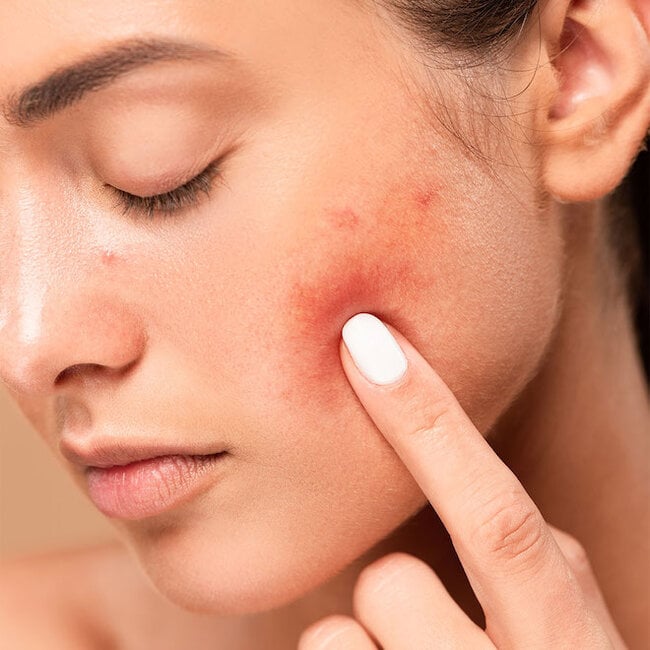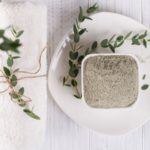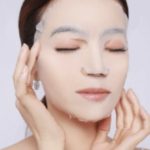Windburn
Windburn is a type of skin irritation that occurs when there is low temperature, lack of moisture, and the impact of wind. Due to the wind, it removes the natural oil layer from the top layer of the skin, reducing the skin’s ability to retain moisture and increasing the interaction with irritants, causing redness and sometimes a burning sensation.

People with eczema or psoriasis often have sensitive skin. The wind enhances the effects of ultraviolet (UV) rays, causing the outer layer of the skin to peel off and expose the inner layers, making them more susceptible to damage.
Most cases of windburn will improve after a few days, but more severe cases may take longer to recover.
Measures to reduce symptoms of windburn
Moisturize
When the skin is windburned, the natural oil layer on the skin is removed, causing the skin to become dry and lacking moisture. Therefore, you should use moisturizers to replenish the moisture in the skin.
Apply warm compress
This method helps alleviate the tightness and burning sensation of the skin. Avoid using hot water while you are windburned. This will take away more moisture from the skin and prolong your recovery time.
Include foods rich in omega-3 fatty acids
Omega-3 helps moisturize the skin and counteracts redness, dryness, or itching caused by skin disorders such as allergic dermatitis.

Avoid skincare products with strong exfoliating effects
Do not choose products that contain alcohol, strong exfoliating properties, or strong fragrances. The best option for you is mild facial cleansers.
Use aloe vera
Aloe vera is primarily used to soothe irritated or mildly damaged skin. This effect is due to the cooling ability of the plant. With 99.5% water as its component, this plant helps cool the skin and prevent heat from being retained in the skin. This is beneficial for conditions such as heat rash or mild burns.
Preventing windburn
Before leaving the house, especially in cold winter weather, you should wear multiple layers of warm clothing such as sweaters, coats, gloves, socks, and most importantly, wear a face mask to reduce the impact of the wind on the skin.
UV rays are still present even when there is no sunshine. Therefore, you should apply sunscreen throughout the year. Use sunscreen with a minimum SPF of 30.
Even in winter, you should still drink about 2 liters of water per day. In addition to drinking water, people can supplement with soups, juices, etc. to help keep the skin hydrated.






































